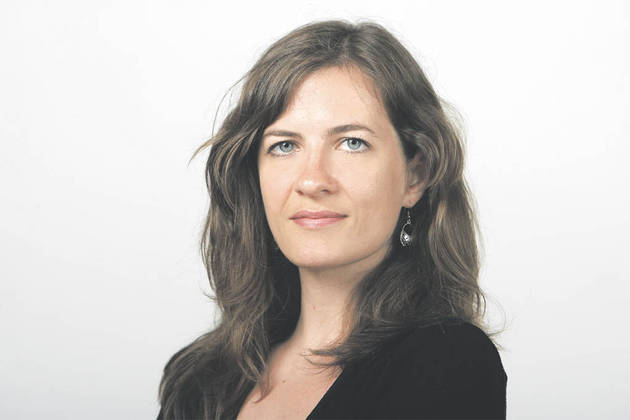The information from Delić’s stories corroborates evidence unearthed by the Slovene Intelligence and Security Agency (SOVA) in its investigations of Blood and Honour, according to the indictment, which does not identify any source of the alleged SOVA leak.
Former SOVA director Sebastjan Selan was also indicted for not filing charges against Delić.
Prosecutors first filed the indictment with the court in April 2013, but despite a requirement that the judge approve or dismiss the case within a month, nothing happened for more than a year. During this period, Delić was unable to appeal the indictment. The indictment eventually passed to a different judge, who allowed the case to proceed.
Under the second paragraph of article 260 of the Slovenian Criminal Code, Delić could face up to three years in prison if found guilty. The case will begin with a preliminary hearing on Oct. 15.
 “Aside from the case itself, what is most disturbing to me about the indictment is that people at the highest levels of the government knew about this more than a year before I published my story,” Delić said. According to the indictment, top Slovenian officials, including the country’s president and prime minister, were briefed on the findings of SOVA’s investigation of Blood and Honour as early as April 2010.
“Aside from the case itself, what is most disturbing to me about the indictment is that people at the highest levels of the government knew about this more than a year before I published my story,” Delić said. According to the indictment, top Slovenian officials, including the country’s president and prime minister, were briefed on the findings of SOVA’s investigation of Blood and Honour as early as April 2010.
The indictment also reveals that investigators attempted to obtain a warrant to scrutinize Delić’s past phone calls and text messages, but were denied.
Delić’s indictment is just the latest action in a disturbing series of attacks on journalists including a number of OCCRP’s partners. Drew Sullivan, OCCRP editor, said of her case, “Media freedom in Slovenia is fast disappearing and this is another egregious example. Prosecutors need to stop attacking journalists and work harder to end corruption.”
Much like Delić, OCCRP partner Khadija Ismayilova was questioned in February by prosecutors in Azerbaijan about alleged leaks of state secrets. Ismayilova has faced other intimidation, including blackmail attempts, as a result of her investigations of President Ilham Aliyev and his family. Another critic of the Aliyev regime was sentenced in March 2013 to nine years in prison on charges of bribery, extortion and tax evasion.
Publishers can also be targeted to silence their writers. Last December, many journalists left Ukrainian publications owned by the conglomerate UMH Group after its acquisition by Serhiy Kurchenko, an ally of the country’s erstwhile president Viktor Yanukovych. One reporter, Sevgil Musaieva, explained that she could not work for a man she had spent six months investigating. This August, the publisher of the Latvian investigative journal Ir, which faces a defamation case, had its assets frozen before the trial had even begun.
Governments may simply attempt to censor stories they find objectionable. Video of a presentation that journalists from Bivol, a Bulgarian OCCRP partner, made at the World Forum on Democracy in November 2013 was initially unavailable on the event’s website, and only became available later in a heavily cut form, supposedly due to “technical problems.” Less than a month later, Serbian news outlets including OCCRP partner CINS faced suspected hacking in an attempt to suppress a story about the daughter of an official gaining benefits from her mother’s position.
Journalists have also been threatened with violence due to their work. Many journalists, including OCCRP reporter Dmytro Gnap, were assaulted by police while covering Ukraine’s EuroMaidan protests last December. This March, the office of the Crimean Center for Investigative Journalism was seized by masked gunmen. Militia leader Konstantin Knyrik explained that the center had not been producing accurate coverage, but said employees there could continue to work, saying, “We will try to agree on the correct, truthful coverage of events.”

